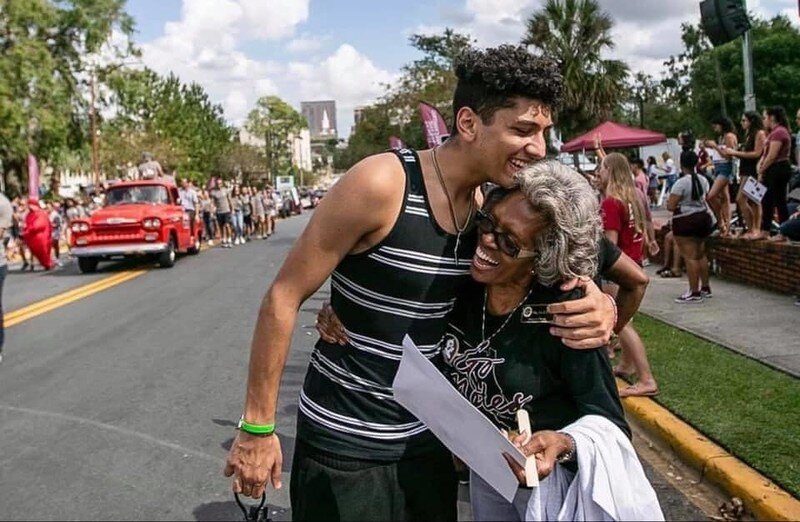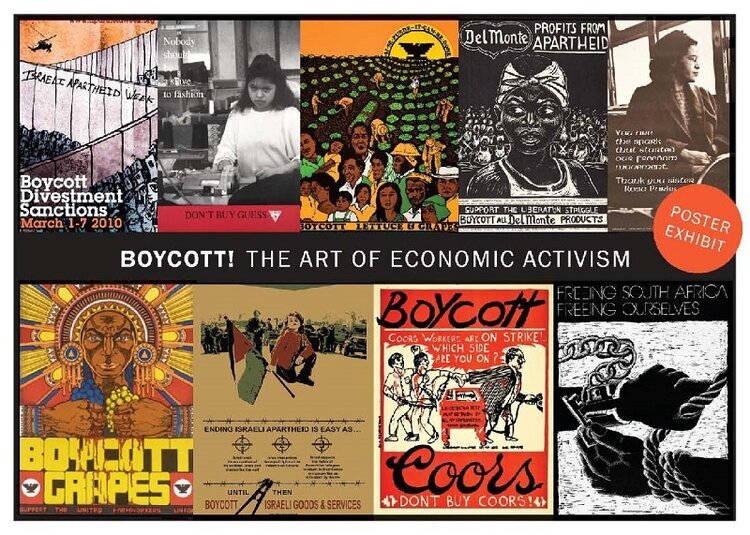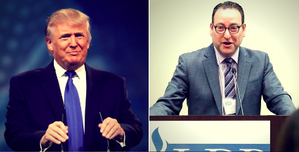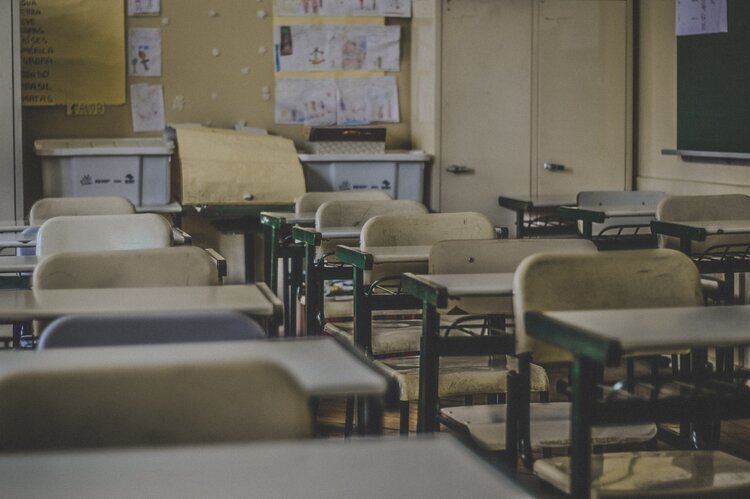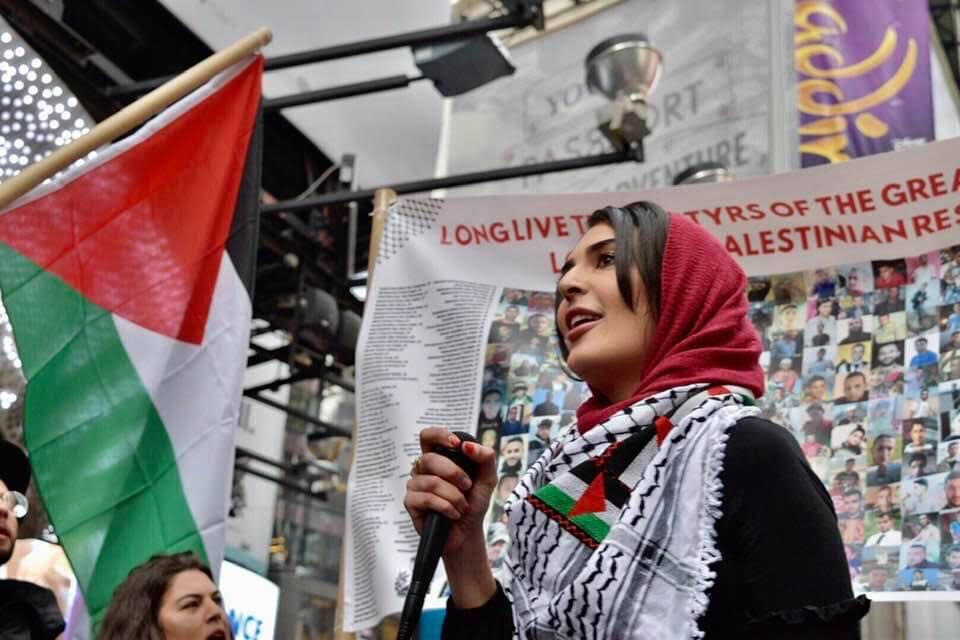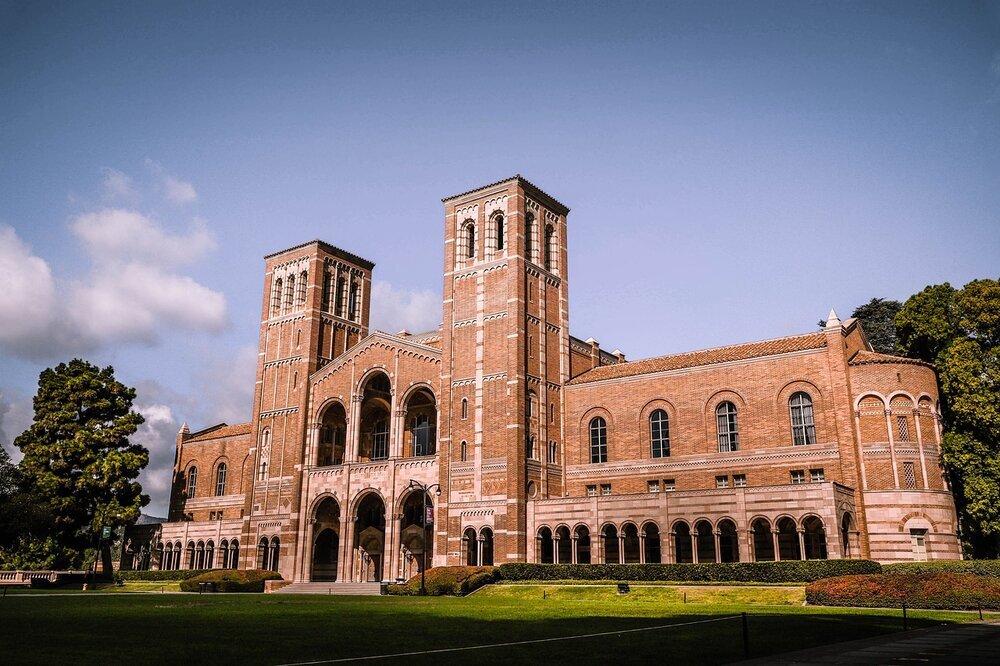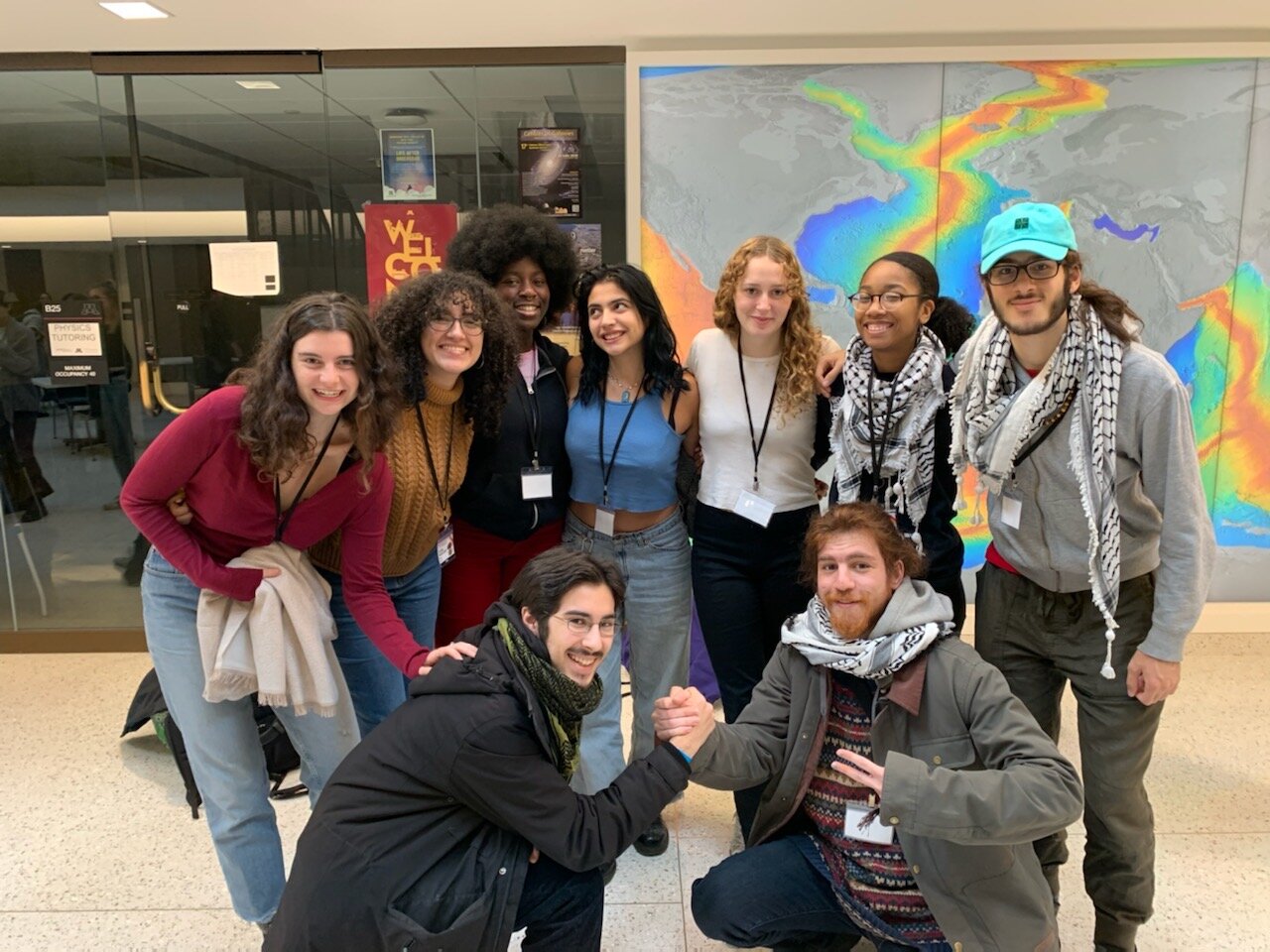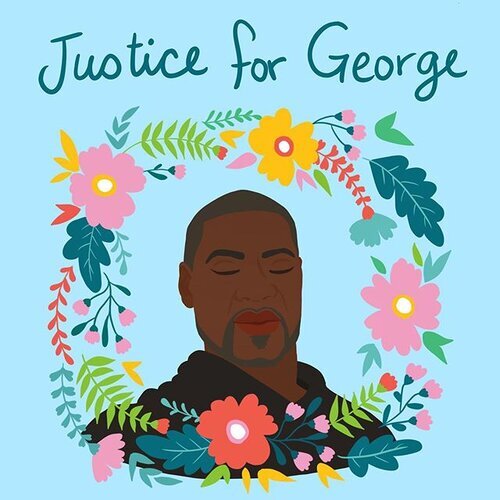2020 Snapshot: Top 10 Stories from Palestine Legal
/Palestine advocacy in the U.S. - like all social justice organizing - has had to adapt amidst the unprecedented year that has been 2020.
As cities and campuses shut down, organizers moved much of their work online and had to figure out how to demonstrate safely during the Black Lives Matter and Day of Rage protests that brought thousands of people to the streets.
The pandemic did not stop organizing for Palestinian freedom, and it also did not stop attacks against the movement.
From the Trump administration’s investigations of campus Palestine advocacy, to the statewide witch-hunt against FSU’s Palestinian-American student senate president, to Zoom’s censorship of multiple academic Palestine lectures, our clients have endured and often overcome a number of challenges to keep solidarity with the Palestinian struggle alive and well.
Palestine Legal is committed to uplifting important stories reflecting the widespread suppression of Palestine advocacy that might not have gotten into the national spotlight, and providing new analysis on the stories that have. As we enter 2021, here’s a look back at some of our top stories from 2020:
Trump’s Department of Education's Office for Civil Rights opened two investigations into UCLA’s response to Palestine advocacy including a student conference in November 2018 and a guest lecture by Professor Rabab Abdulhadi in May 2019. The investigations came just weeks after Trump signed an executive order adopting a distorted redefinition of antisemitism that targets advocacy for Palestinian rights.
9. Bronx HS History Teacher Fired Over Israel Criticism (January)
The Ethical Culture Fieldston School fired Jewish high school history teacher JB Brager after they made statements critical of Israel and Zionism. Brager joined a long list of teachers and activists who have been censored, fired, de-funded, defamed, harassed and targeted with frivolous litigation because of taking a principled stance for Palestinian rights.
Bard College President Leon Botstein ruled that two students charged following an October 2019 protest of an anti-Palestinian speaker were fully in compliance with Bard’s policies and had done nothing wrong. The decision cleared the students, after a prolonged investigation, of false charges of antisemitism.
7. Solidarity with Black Liberation (May - July)
As an organization committed to supporting a grassroots justice movement for Palestinian freedom, we see the Palestinian struggle as connected with the long struggle for racial justice in the U.S., and with anti-colonial and freedom struggles everywhere. The uprising in Minneapolis in the wake of George Floyd’s murder reflects the outrage and frustration with a society that values property over Black lives, that criminalizes poverty, and that refuses to confront its ugly truths. Palestine Legal raised $15,000 for three Black-led organizations in the wake of the uprising and hosted a webinar on Black Liberation in July.
Pro-Israel agent Kenneth Marcus resigned from the Department of Education's Office for Civil Rights just weeks after Palestine Legal and eight other civil rights groups filed a complaint that Marcus violated federal law in his handling of a case against Rutgers University by providing special treatment to the complainant, the Zionist Organization of America.
Read our in-depth blog about the weaponization of Title VI investigations against campus Palestine advocacy here.
The unprofessional response of City University of New York (CUNY) School of Law to a Zionist smear campaign fueled vicious cyberbullying against a Palestinian student. Nerdeen Kiswani, a second-year law student, came under fire for a video she had recently uploaded to Tiktok, but which she had filmed three years before. Websites devoted to vilifying Palestinians and their supporters have misrepresented the old video as an excuse to attack Nerdeen and her well-known advocacy for Palestinian rights.
4. Butler Students Defeat Measures to Censor Palestine (October)
Students at Butler University in Indiana mounted a successful campaign against two resolutions cracking down on the right to advocate for Palestine on campus. The resolutions had been proposed as retaliation against an event featuring protest art from around the world.
Palestine Legal launched a new website tracking legislative efforts to silence the movement for Palestinian freedom in the U.S. Geared towards activists, researchers, journalists, and policymakers alike, the site aims to document one part of a widespread attack on the Palestine solidarity movement in the U.S., and to support efforts to push back against these threats. Check out the new resource here!
2. Zoom Censors Palestine Webinars at SF State, NYU, and the University of Hawai’i (September - October)
In September, three tech giants censored a discussion featuring Palestinian, Black, Jewish and South African activists at San Francisco State University after pro-Israel advocacy groups complained. The open classroom event “Whose Narratives?: Gender, Justice & Resistance” featured Palestinian activist Leila Khaled and was erased from Zoom, Facebook and YouTube. Drs. Rabab Abdulhadi and Tomimi Kinukawa, co-organizers of the event, condemned the violation of their academic freedom.
Exactly a month after censoring the SFSU webinar, Zoom censored two other campus Palestine events—this time at the University of Hawai'i-Manoa (UHM) and at New York University (NYU).
Florida state politicians tried to force the removal of the first Palestinian student senate president at Florida State University (FSU) over social media posts he made against the Israeli occupation as a child. Rather than supporting and protecting Palestinian-American student senate president Ahmad Daraldik from a coordinated campaign that resulted in threats and harassment from Israel groups and Florida politicians, the university joined the attacks against him. In December, we sent a 24-page letter to Florida State University with CAIR Florida about FSU’s creation of a hostile, anti-Palestinian environment and its failure to protect the free speech rights of students who support Palestinian freedom.
Stay tuned for our annual report on 2020 trends in suppression, due out in March 2021.
If you’re a journalist interested in covering these stories or learning more about efforts to suppress Palestine advocacy, reach out at media@palestinelegal.org.


